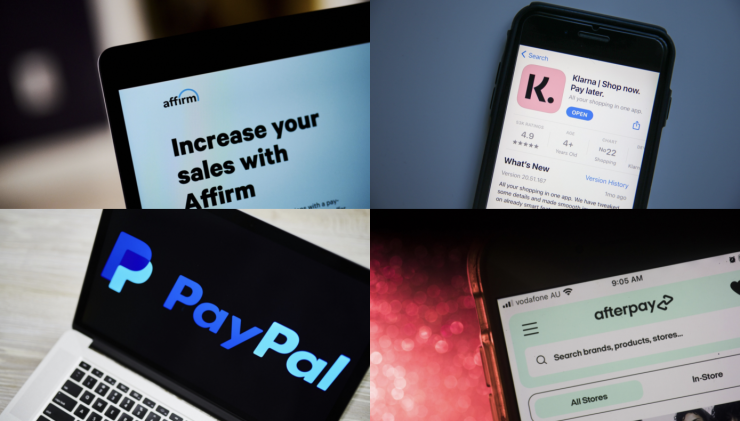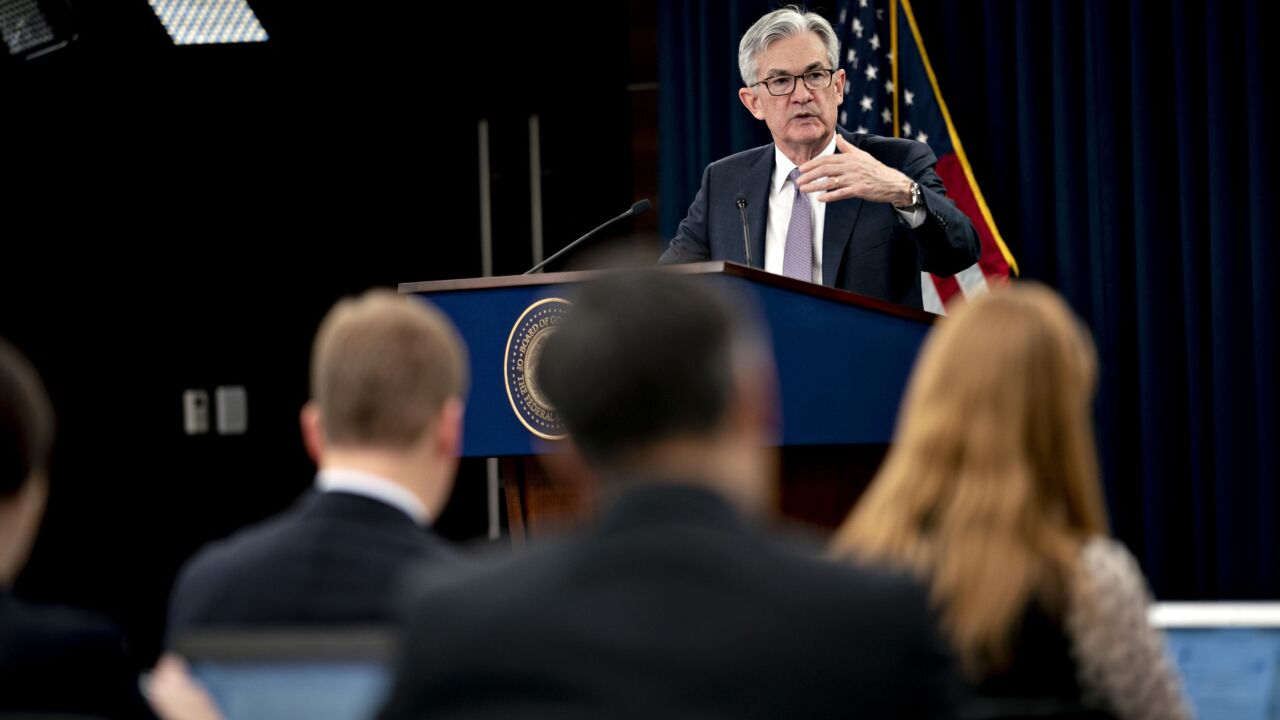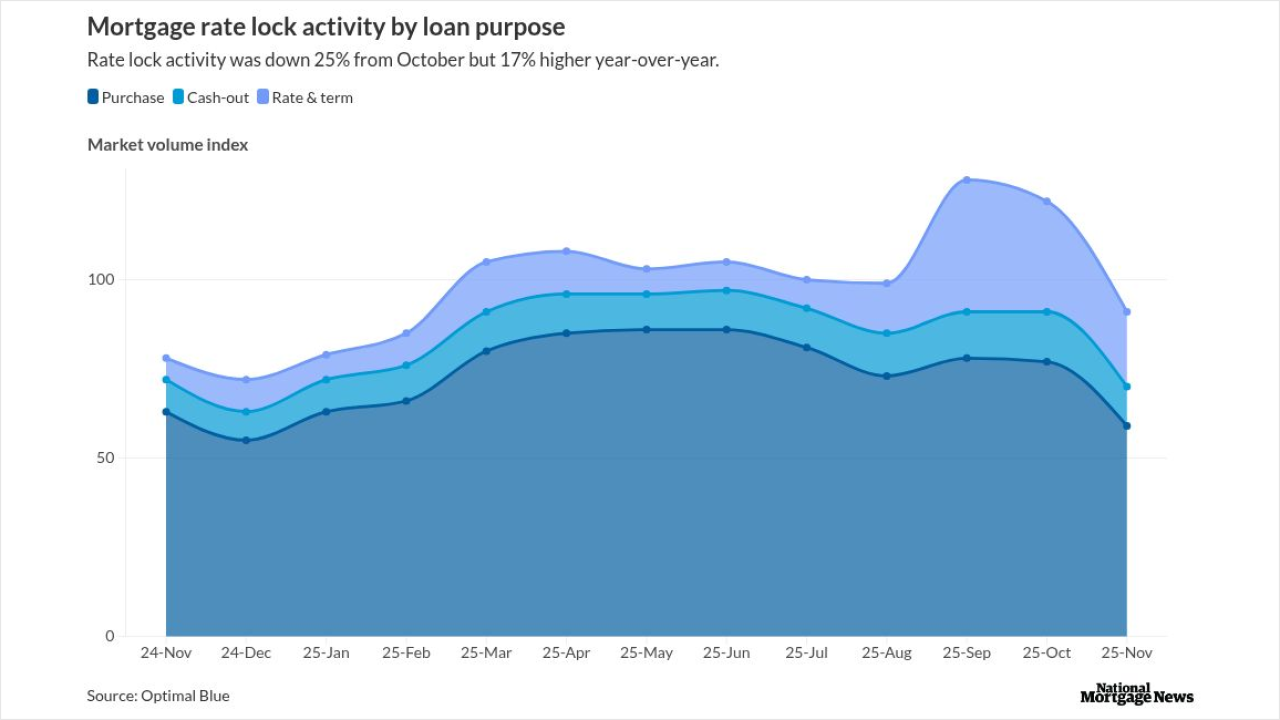Fintechs that helped popularize buy now/pay later loans during the pandemic face a different set of challenges heading into this holiday season under tougher economic conditions.
Many credit card issuers recently said they've tightened underwriting standards in response to creeping delinquency rates, which is likely to drive more consumers to the type of instant loans BNPL fintechs offer at the point of sale with rapid credit checks.
"The interest-free BNPL loans that took off in the last couple of years are even more appealing now because consumers are aware of rising interest rates," said Patrick DellaValle, a director at Guidehouse, a management consulting firm in Tysons Corner, Virginia.
With inflation cutting into consumers' everyday expenses, BNPL lenders like Affirm, Afterpay, Klarna, PayPal and Zip will need to balance what's likely to be stronger demand for instant loans amid rising risks, DellaValle said.
"BNPL lenders tend to be good at managing data, and this year will prove whether their instant-underwriting formulas are successful in an unpredictable economic cycle," he said.
About 20% of shoppers plan to use BNPL loans this holiday season, according to a survey of 1,000 U.S. consumers conducted last month by the Strawhecker Group and the Electronic Transactions Association. Repeat users are 38% more likely to tap BNPL loans, the survey suggested.

"The current economic conditions are likely to create the perfect storm for increased use of BNPL loans," said Richard Crone, a principal with Crone Consulting who's bullish on profit prospects for BNPL lenders despite the higher-risk lending environment.
Despite the fact that some BNPL fintechs have struggled with
BNPL fintechs working in collaboration with merchants have insight into the specific items consumers are buying with BNPL loans, arming them with deeper insight into the borrowers' risk profile than traditional credit card issuers have when extending open-ended credit lines.
"A traditional credit card lender takes on unknown risk with each purchase, while BNPL lenders through their connection to merchants can see what the consumer is buying, via stock-keeping-unit-level data. This is the single greatest competitive advantage for AI-based BNPL credit underwriting, because default rates vary widely by SKU," Crone said.
With greater visibility into a borrower's relative risk based on the items in their basket, lenders can spot red flags before approving loans — or approve loans for a low-risk product for what would otherwise be a high-risk borrower, according to Crone.
"The net result is reduced transaction risk for BNPL, with access to an expanded range of FICO borrowers," he said.
Other observers are less optimistic about the immediate outlook for BNPL fintechs.
"BNPL fintechs are going into the fight of their lives," said Brian Riley, director of Mercator Advisory Group's credit advisory service.
BNPL lenders constantly need to raise outside capital to fund loans, and rising interest rates create new challenges for funding, Riley said.
Even if BNPL lenders have unique sets of data to make smart credit underwriting decisions, competition is increasing from traditional lenders who are copying some of the tactics of BNPL lenders to win more business, he said.

"The consumer mindset has changed in recent years, creating a lot of interest in financing items based on a specific budget so they know exactly how much they'll be paying every month and when they'll finish paying for it," Roberts said.
"Previously banks like Citizens were onboarding just a few merchants per year for BNPL loans, but in the last year the pace of banks signing up retailers for point-of-sale installment loans has soared," Martin said.
The private-label credit card issuer
Bread's strategy now leans on a mix of traditional lending and BNPL options to cover the spectrum of consumer needs in the volatile economy, Valerie Greer, executive vice president and chief commercial officer, said earlier this year at the Barclays Global Financial Conference in New York.
"Offering just a BNPL solution does not provide consumers the flexibility that they desire — they want to spread their purchases across different payment options, often based on the size of their baskets," Greer said.
Riley said lenders straddling traditional credit cards, private-label cards and BNPL offers are likely to be in the best position to profit during this holiday season.
"The first quarter of next year will reveal the severity of weaknesses in pure-BNPL lending models, and if the fintechs overextended themselves, we're likely to see a sharp rise in delinquencies and losses and the likelihood of consolidation in this sector will increase," Riley said.




